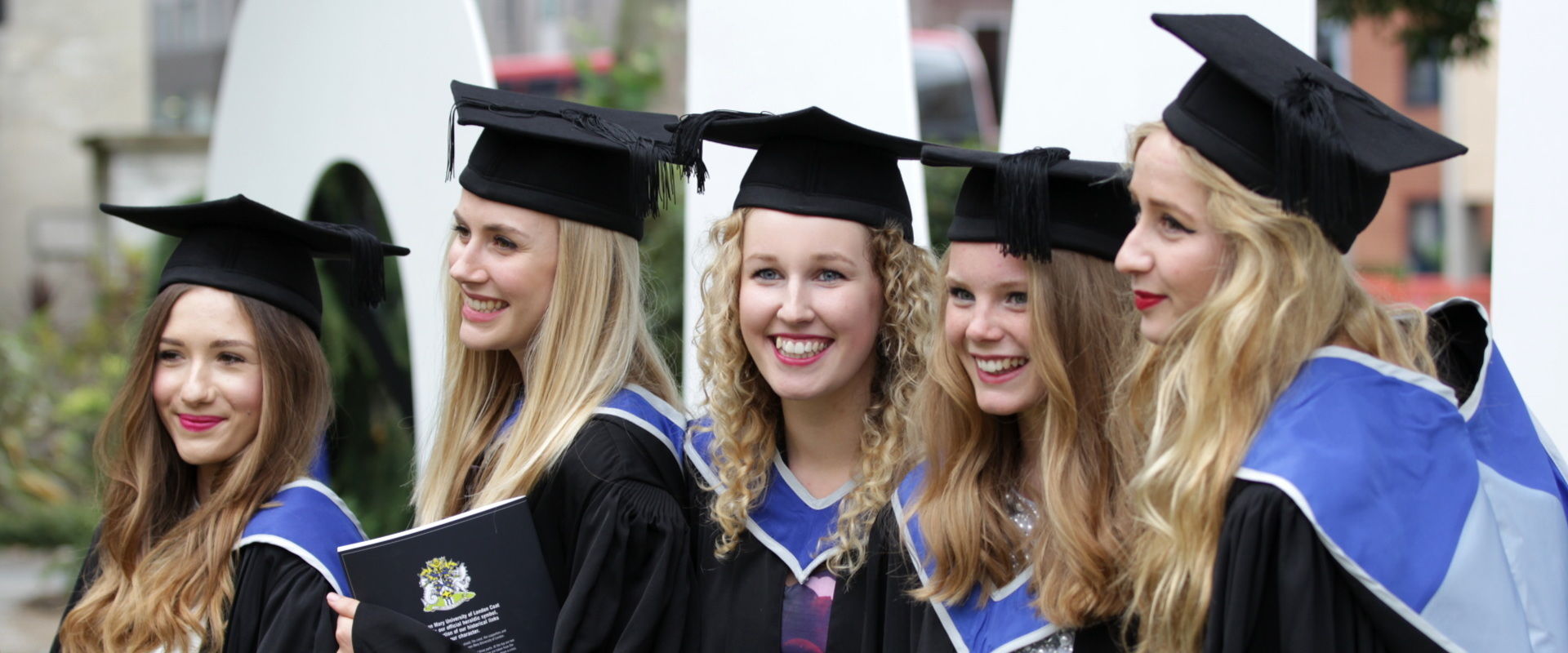MSc in Global Health Systems Theory and Policy
This programme considers how the principles and practice of effective and fair public health care can inform health policy and health care systems in national and local settings. An important focus of the programme will be the theoretical and practical principles of solidarity in health care systems. The programme analyses the principles of health systems, and makes global linkages to social, political, economic, and cultural issues in individual countries and themes. Students will gain an understanding of competition and trade law and regulation and its application to public health care. This programme is of particular interest to medical and clinical practitioners, civil servants, public health practitioners, social and political scientists, lab scientists, and NGO workers.
High quality primary health care and public health systems form the cornerstone of an efficient, effective, and equitable health system. Many countries (whether low-, middle- or high-income) are seeking to shift from a secondary care led, disease-oriented and ‘reactive’ healthcare system to one characterised by a strong primary care sector offering ‘proactive’, whole-patient care through measures such as patient education, prevention, early diagnosis, support for self-care, risk factor and chronic disease management, and systematic gate-keeping to the secondary care sector.
This vision for developing public health and primary care is widely held (eg, it is prominent in World Health Organization strategic plans and is a strong theme in the new healthcare strategy in the USA), but it depends critically on capacity-building to produce the research leaders, educators, policy-makers and change agents who are integral to this process.
Through the knowledge and analytic skills they have gained, students can address the challenges facing public health and public policy more generally across a range of contexts. Their ability to plan and develop services and advocate for them will be greatly enhanced, and their effectiveness in delivering health care and public services will be increased. Strong emphasis is placed on research methods and analytic techniques for practical application or further research, and research methods are integrated into many modules.
The broad approach provides the context for collaborative interdisciplinary work. The programme will be led the Centre for Primary Care & Public Health in collaboration with the School of Law, and the School of Business & Management.
Why study Global Health Systems Theory and Policy at Queen Mary?
There are a number of distinct features about the course which include: an emphasis on the social determinants of health; a focus on the interface between politics and policy; a concern for social justice; and stress upon primary care acting as a platform for effective public health action.
The offers an opportunity to develop a pronounced multi-disciplinary analysis that includes sociology, anthropology, economics, law, geography as well as public health medicine. You will therefore learn from a truly multidisciplinary programme, which will give you a genuinely broad education and wide perspective.
Furthermore, the Barts and London School of Medicine and Dentistry is comprised of two renowned and prestigious teaching hospitals: St Bartholomew’s and The Royal London. Both continue to make an outstanding contribution to modern medicine and together have been consistently ranked among the top five in the UK for medicine.
The Global Public Health Unit combines the local and the global in a stimulating and challenging research and teaching environment – we have strong links to the NHS, local authorities, third-sector organisations, policymakers in the UK and elsewhere, and leading international figures in global health.
We integrate different types of teaching delivery including small group seminars and participation in public health conferences. We have collaborations with other universities and organisations from around the world to aid research, teaching, policy development, and community engagement, and we encourage students to get involved in both our local and international work.
Intakes
- Sep
Application Processing Time in Days: 30
Application Process
Minimum English Language Requirements
| English Level Description | IELTS (1.0 -9.0) | TOEFL IBT (0-120) | TOEFL CBT (0-300) | PTE (10-90) | |
|---|---|---|---|---|---|
| Expert | 9 | 120 | 297-300 | 86-90 | |
| Very Good | 8.5 | 115-119 | 280-293 | 83-86 | |
| Very Good | 8 | 110-114 | 270-280 | 79-83 | |
| Good | 7.5 | 102-109 | 253-267 | 73-79 | |
| Good | 7 | 94-101 | 240-253 | 65-73 | |
| Competent | 6.5 | 79-93 | 213-233 | 58-65 | |
| Competent | 6 | 60-78 | 170-210 | 50-58 | |
| Modest | 5.5 | 46-59 | 133-210 | 43-50 | |
| Modest | 5 | 35-45 | 107-133 | 36-43 | |
| Limited | 4 | 32-34 | 97-103 | 30-36 | |
| Extremely Limited | < 4 | < 31 | < 93 | < 30 |
Job Opportunity Potential
Careers support
The services we offer to support your career development include:
- one-to-one appointments to help you with your career direction, give feedback on job applications, offer insight into the job market and prepare you for interviews
- workshops to support your career development and job hunting
- employer events attracting recruiters and alumni from a rich range of sectors
- support for finding internships and parttime jobs
- specialist careers consultants to support PhD students through appointments, events and workshops.
Support for international students
- We offer a programme of support for international students throughout the year, which involves talks on how to find graduate work in the UK and an International Students Week featuring external speakers.
- Students can search for jobs across the world with our international jobs database, as well as browse our guides on getting work in particular markets.
- All students have access to a rich programme of employer events and career development workshops, running across the University year.
Support after graduation
Our careers support continues after you leave Queen Mary.
- All graduates have access to our Careers and Enterprise services for two years after graduation.
- You can have -
free one-to-one appointments in person, over the phone or via Skype
Attend our employer events
use our online psychometric testing and mock-interview software
access our jobs board – over 3,000 employers uploaded vacancies in 2018/19.
Queen Mary graduates have gone on to work in these organisations:
• Accenture • Allen & Overy • Arup • AstraZeneca • Baker McKenzie • Barts Health NHS Trust • European Central Bank • Fintech Innovation Lab • Google • HSBC • IBM • Institute of Cancer Research • Institute of Dentistry • J.P. Morgan • Jaguar Land Rover • Lloyds Banking Group • Natural History Museum • Penguin • PwC • Queen Mary • Save the Children • Shell • Stella McCartney • Thales • Thomson Reuters • World Economic Forum ...and many more!
Careers success
93% of our postgraduates are in work and/or study six months after graduation. 84% of those in work/study are in highly skilled work/study (most recent DLHE Survey of 16/17 leavers)*
Enterprise support
Many students and graduates across Queen Mary start or grow their own business or social venture each year. In 2018/19, Queen Mary gave out £45,000 in seed funding to help students start new, or grow existing businesse
PSW Opportunity
- 2 Years PSW is applicable after the course completing (Bachelors level or above).
Admission Requirement / Eligibility Criteria
Degree requirements
-
A 2:1 or above at undergraduate level in a relevant subject, such as Medicine, Nursing, the health sciences or the social sciences.
Applicants with a 2:2 degree and relevant experience in the field will be considered on an individual basis.
India
We normally consider the following qualifications for entry to our postgraduate taught programmes: Bachelor Degree (minimum 3 years) from selected institutions.
- UK 1st class degree: 70% to 80%
- UK 2:1 degree: 60% to 70%
- UK 2:2 degree: 50% to 60%
Offer conditions will vary depending on the institution you are applying from. For some institutions/degrees we will ask for different grades to above, so this is only a guide.
- Course Type: Full Time
- Course Level: Masters/PG Degree
- Duration: 01 Year
-
Total Tuition Fee:
18000 GBP
Annual Cost of Living: 12006 GBP
Application Fee: N/A
Similar Programs
- Global Public Health MSc at Queen Mary University of London
- Biotechnology and Synthetic Biology MSc at Queen Mary University of London
- Data Science and Artificial Intelligence (Conversion Programme) MSc at Queen Mary University of London
- Water and Environmental Management MSc at Queen Mary University of London
- Theoretical Physics MSc at Queen Mary University of London
- M.Sc Trauma Sciences Online at Queen Mary University of London

